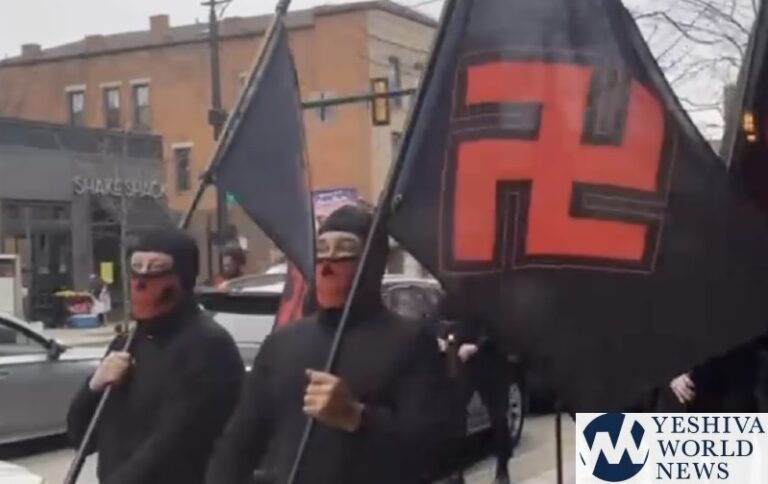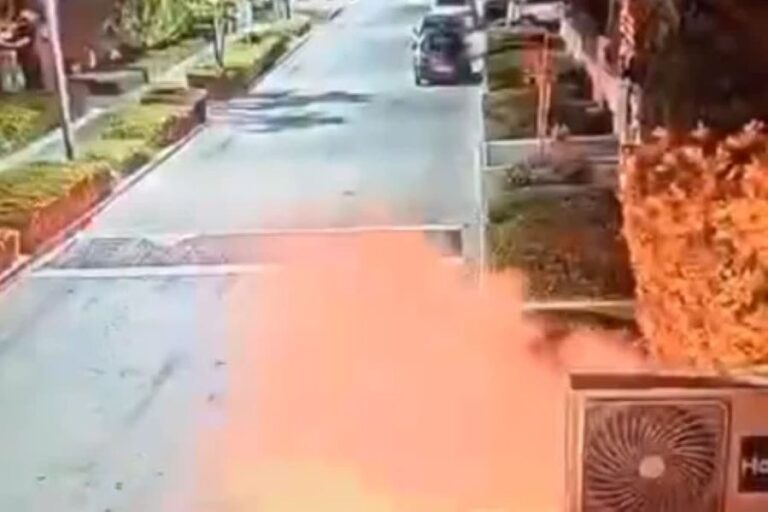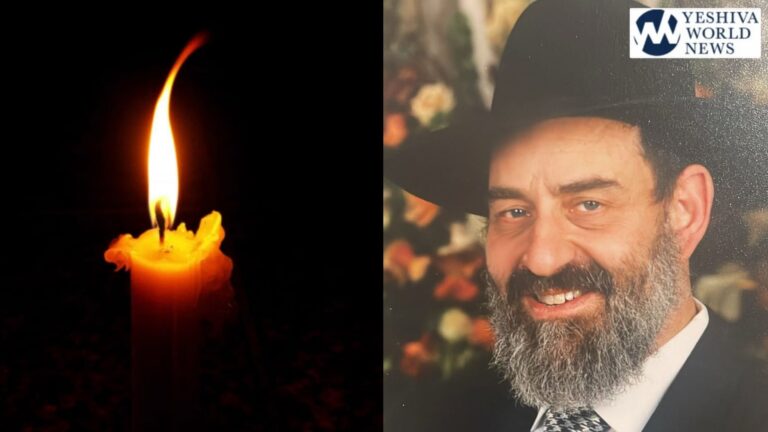 The number of times the New York City Police Department stopped, questioned and sometimes frisked people dropped slightly in the third quarter compared to numbers from the same period last year, but the total number of police stops is up slightly in 2010.
The number of times the New York City Police Department stopped, questioned and sometimes frisked people dropped slightly in the third quarter compared to numbers from the same period last year, but the total number of police stops is up slightly in 2010.
Police filled out 137,301 so-called “stop, question and frisk” reports, known inside the department as 250s, between July and the end of September, according to statistics provided by the NYPD on Wednesday. That number is down by about 0.4% compared to the third quarter of 2009.
The racial breakdown of the stops made in the third quarter remained basically the same: blacks were subject to 56% of the stops, Hispanics 31% and whites 10%.
Civil rights advocates have argued these numbers show a racial bias because they are disproportionate to the city’s racial population breakdown. The NYPD has countered that the stops are in line with the descriptions of crime suspects.
The number of stops that resulted in arrest or the issuance of a summons, 8% and 7% respectively, also rose slightly compared to the year-earlier period, when 6% of stops resulted in arrests and 7% produced summonses.
This past quarter a law took effect that limits the NYPD’s ability to keep the names and identifying information of those stopped by officers. Now only those who are arrested or given summonses remain in an electronic database. The NYPD had been keeping the information of all people stopped by police.
The law is believed to have forced the NYPD to purge more than a million names and other identifying information from that electronic database, although the paper forms themselves are still kept.
“Once again we have another quarter with more than 100,000 stops of innocent people,” Christopher Dunn, associate legal director of the New York American Civil Liberties Union. “The only good news here is that the NYPD can no longer put their names and addresses in its criminal investigation database.”
NYPD spokesman Paul Browne said, “Our stops save lives in communities most at risk.”
(Source: WSJ)










